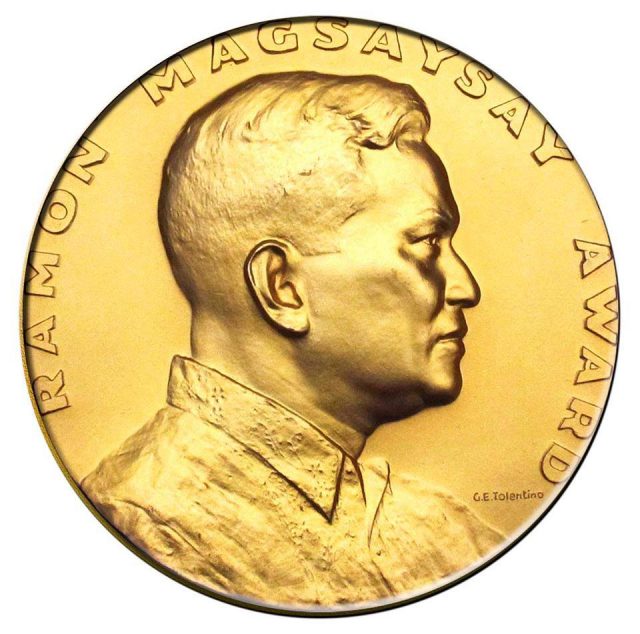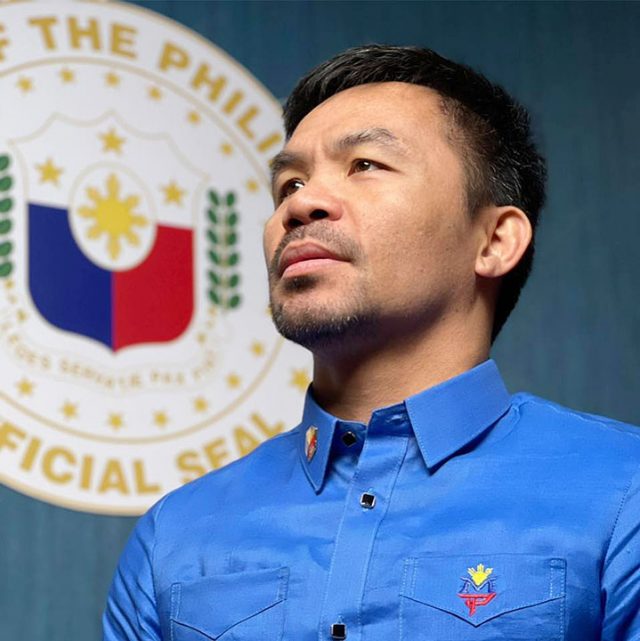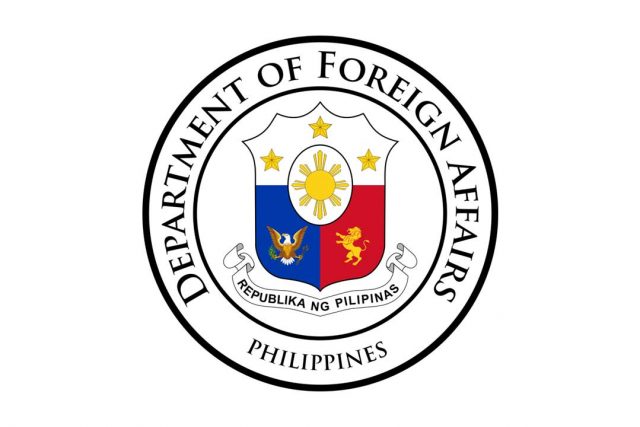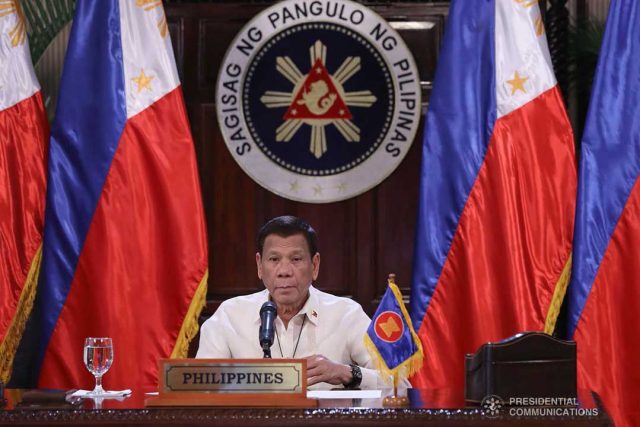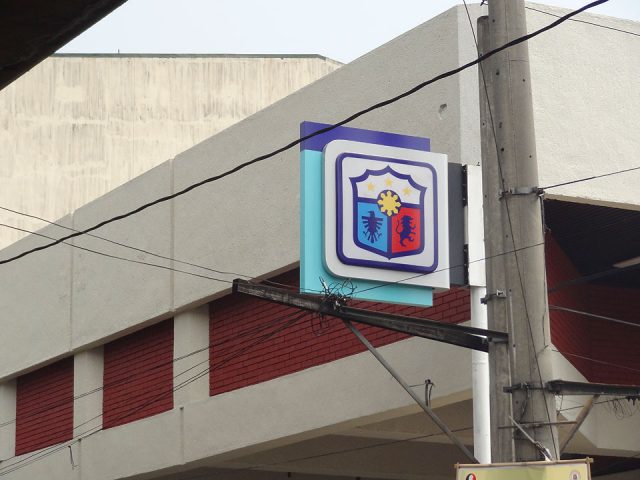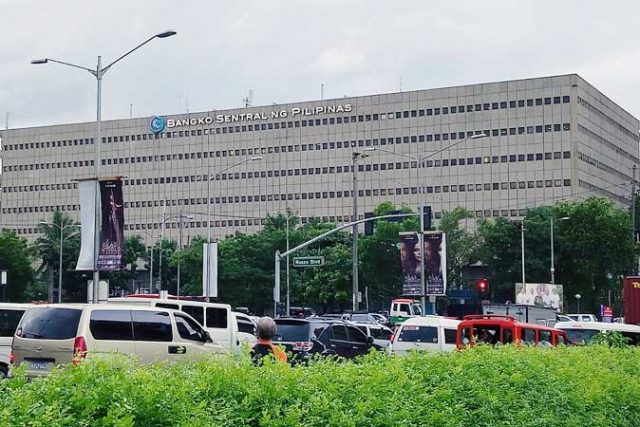Ramon Magsaysay award-winning journalists say ‘audience is not dumb’
By Bronte H. Lacsamana
During a time where disinformation takes the form of fake news and fills traditional and social media channels with an array of conflicting accounts, the truth may be difficult to seek out. However, as an Indonesian documentary group has discovered over a decade into their operations, the general public is not as dumb as imagined by many.
“A combination of journalistic content with good cinematography can be an attraction for the audience, so documentaries can have impact and influence,” said Dandhy Laksono, co-founder of Watchdoc, an independent media production company founded in 2009. “We found that content on YouTube doesn’t have to be short and light to be watched.”
As a recipient of the 2021 Ramon Magsaysay Award for emerging leadership, the group gave a lecture in November about truth crusading in the era of fake news.
With more than 150 film titles made since their founding, Watchdoc is one of the shining examples of perseverance amidst the discouraging reality of rampant disinformation. Its business model, for example, balances both commercial work and advocacy work.
“We are a private and commercial company so we can maintain sustainability and not an NGO (non-government organization) that depends on donors [and] writes proposals for every film,” shared Mr. Laksono. “If commercial work is at odds with our advocacy work, then we will choose to prioritize advocacy agenda.”
He added that they named this the “suicide business model” due to the eventuality of limited profit opportunities from certain sectors or clients in conflict with advocacies.
For now, this approach has worked, with eight Watchdoc documentaries having each attracted more than a million views. One of them has over 35 million — an exposé on coal mining in Indonesia titled Sexy Killers.
THE WAR FOR TRUTH
Aside from the subject matter of many Watchdoc films being issues in less-covered regions, the group also organizes community screenings where audiences engage in discussions afterwards.
Cecilia “Cheche” L. Lazaro, a Filipino broadcast journalist and trustee of the Manila-based Ramon Magsaysay Award Foundation (RMAF), lauded this effort to go beyond urban cities to reach far-flung communities.
“Media content is usually metro-centric and the provinces and small areas where most of the social issues are happening are hardly touched,” she explained, likening Indonesia’s situation to the Philippines’. “Studies show that community press and radios are still preferred in the provinces because of lack of electricity and access to the internet.”
In Indonesia, the elites and political parties also interfere with traditional media, making an independent approach necessary, according to Mr. Laksono.
Ravish Kumar, who received the 2019 Ramon Magsaysay Award as the senior executive director of the New Delhi Television Network, shared that the war for truth was not much easier in India.
“It’s very tough to bring people into another reality because they are constantly being taught or filled with the ideas or agenda of the state. It’s not easy,” he said. “If you go closer to them with the facts, with the truth, they get shocked. Making them realize is not easy and it cannot be done only by plainly giving them information.”
A REVOLUTIONARY ACT
He cited the recent Nobel Prize win of Rappler founder Maria A. Ressa as a beacon of hope for journalists and truth-seekers everywhere.
“This is a fight we have to keep fighting even at the cost of being marginalized, being displaced, being thrown out of this profession,” Mr. Kumar said.
Kara Patria C. David, a journalist, television host, and award-winning I-Witness documentarist agreed that stories that matter must be fought for, so as not to undermine the public who can be an intelligent and discerning audience if given truthful content.
“Market taste should not be dictated by advertisers,” she reiterated, in agreement with Mr. Laksono’s guiding motto in leading Watchdoc. “It is shaped and should be shaped by the content producers themselves, who can make the truth palatable to audiences.”
An analogy the panelists shared was cooking vegetables. Despite being healthy, people might not be enticed to eat them — unless they are cooked and presented beautifully.
Quoting George Orwell, Ms. David stressed the necessity of taking on this challenge: “In a time of deceit, telling the truth is a revolutionary act.”
The Ramon Magsaysay Award has been given out annually since 1957, to a total of 340 people and organizations that have shown “selfless service to the peoples of Asia,” according to its website.

